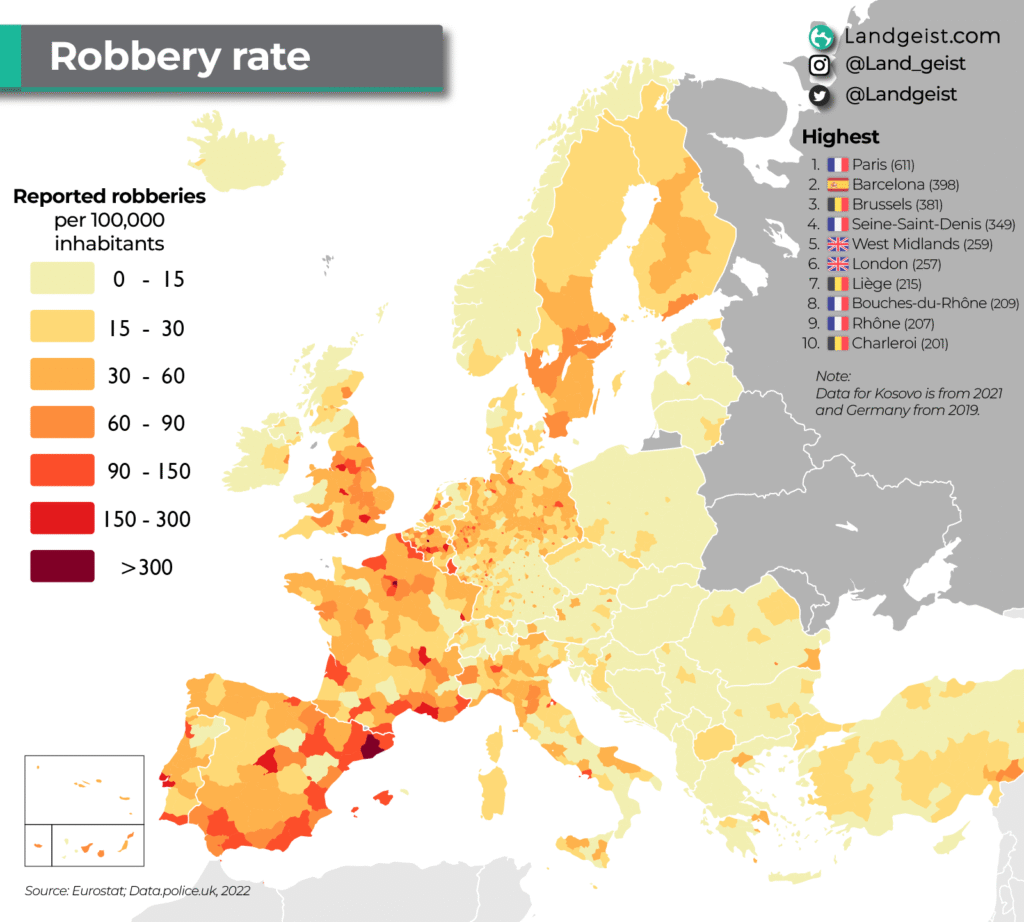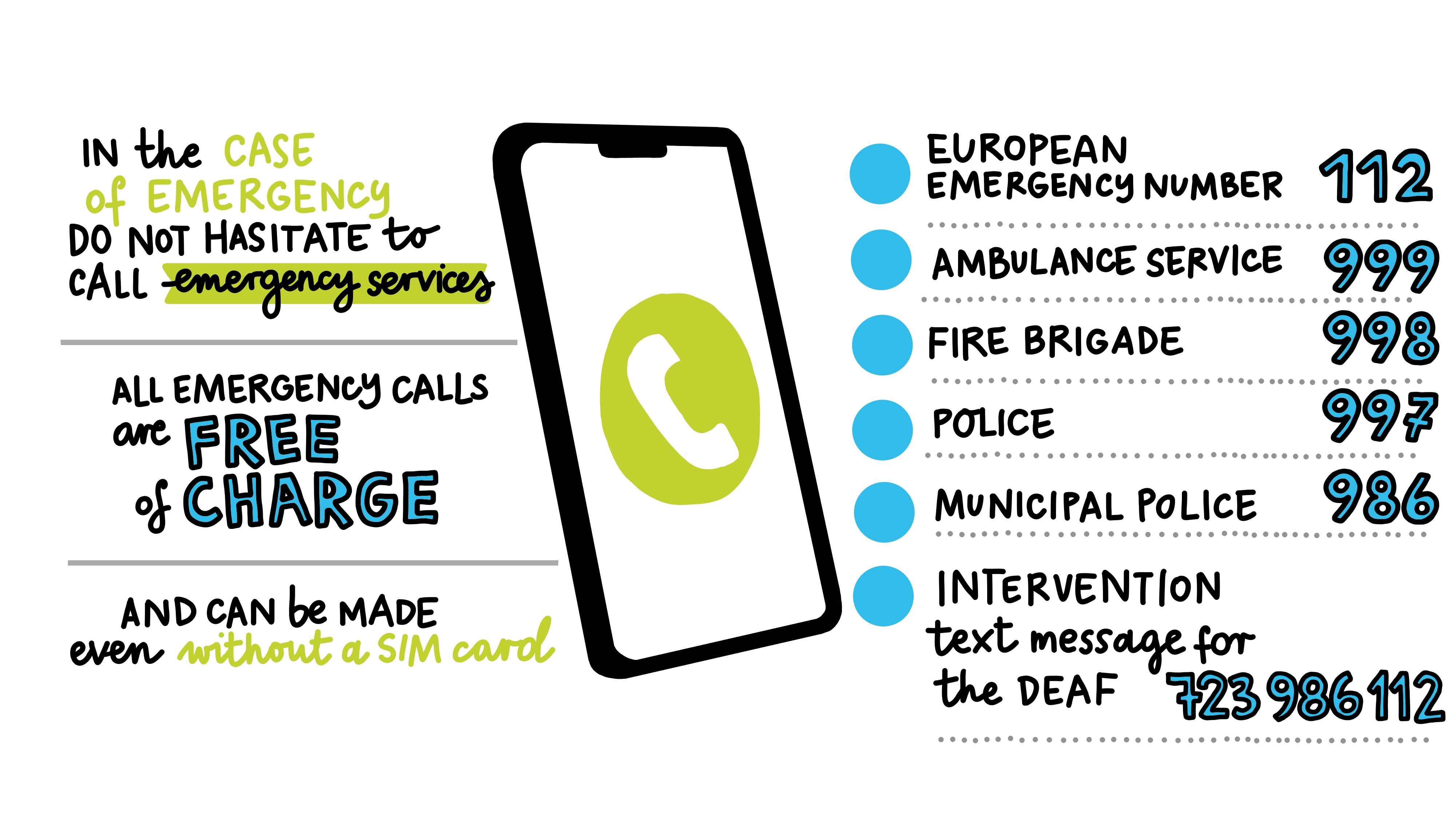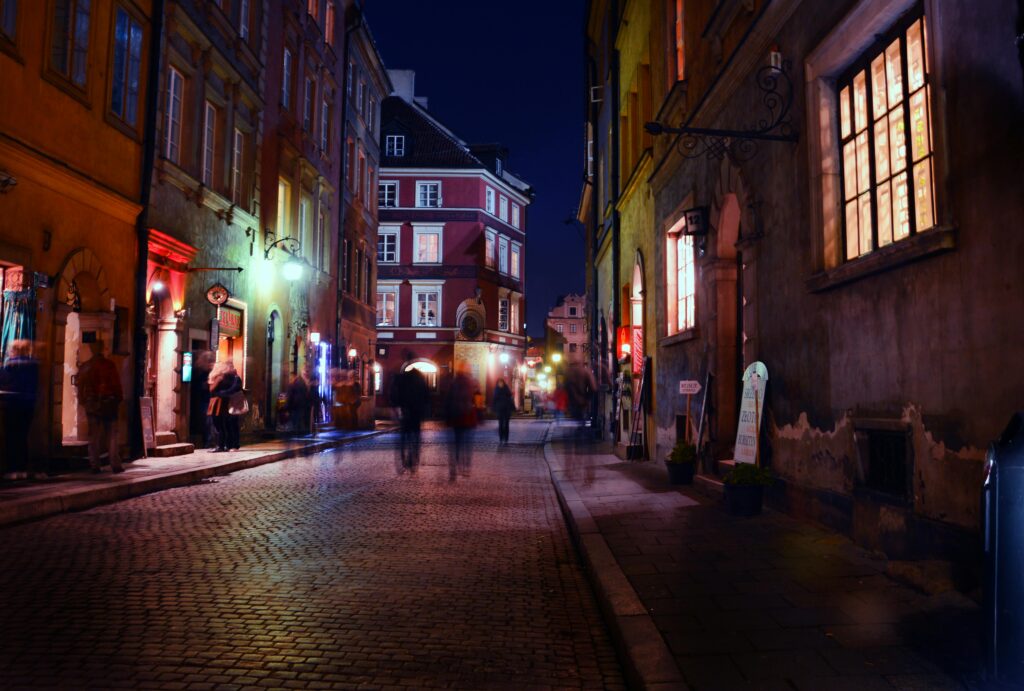Is Poland Safe for Tourists? Safety Tips for First-Time Visitors
What First-Time Travelers Should Know
Poland is one of Europe’s most welcoming and accessible destinations, but like any foreign country, it comes with its own cultural norms, logistics, and practical considerations. Many travelers ask: Is Poland safe for tourists? The short answer is: Yes, very.
Poland consistently ranks as one of the safest countries in Central and Eastern Europe, with low violent crime rates, clean and walkable cities, and a tourism-friendly infrastructure. In this guide, we’ll break down everything a first-time visitor should know about safety in Poland—from public transport and emergency services to cultural etiquette and common scams.
1. General Safety Overview: How Safe Is Poland?
Poland has a very low rate of violent crime compared to other European destinations. Pickpocketing and petty theft exist, but serious incidents are rare.
Key stats:

- Ranked 25th in the 2023 Global Peace Index
- Safer than Italy, France, and the UK in terms of public security
- Very low gun violence and street crime
Major cities like Warsaw, Kraków, Gdańsk, and Wrocław are considered safe even at night, especially in tourist zones. Police presence is common, and surveillance systems are widespread in urban centers.
Verdict: Poland is safe for solo travelers, families, and seniors.
2. Solo Travel in Poland: Safe for Women and Backpackers?
Absolutely. Poland is increasingly popular with solo travelers, including solo female tourists and backpackers.
Why it works:
- Reliable public transport and ride-sharing apps (Uber, Bolt)
- Affordable accommodations and hostels
- Many locals (especially younger ones) speak English
Tips for solo travelers:

- Avoid poorly lit backstreets late at night (as anywhere)
- Use official taxi apps or public transport instead of unlicensed cabs
- Don’t flash large amounts of cash in bars or clubs
In cities like Kraków and Gdańsk, solo female travelers are common and generally feel at ease walking alone during the day and evening.
3. Public Transport and Getting Around
Poland’s transport system is modern, safe, and foreigner-friendly. You’ll find:
- Clean trams, buses, and metro systems
- Extensive rail connections (PKP Intercity, Koleje Mazowieckie, etc.)
- Ride-sharing apps (Uber, Bolt, FreeNow)
Safety tips:
- Validate your ticket upon boarding to avoid fines
- Keep your belongings secure on crowded trams (especially in Warsaw and Kraków)
- Be cautious at night in isolated suburban train stations
Bonus: Poland has low rates of transport-related crime, and police occasionally patrol major stations.
4. Common Scams and How to Avoid Them
While Poland is safe, tourist scams can still occur, especially in popular destinations like Kraków or Zakopane.
Scams to watch out for:
- “Helpful” strangers asking for donations or signatures (they’ll demand money afterward)
- Currency exchange booths with hidden fees – always check rates beforehand
- Taxi drivers overcharging foreigners (always use official apps or metered taxis)
How to avoid scams:
- Use ATMs inside banks, not on the street
- Learn a few Polish phrases like “Nie, dziekuję” (No, thank you)
- Ignore overly friendly strangers trying to sell something
In general, being aware and alert is enough to avoid these issues.
5. Emergency Services and Healthcare Access

Poland has a reliable public emergency service network. Dial 112 for emergencies (police, fire, ambulance).
Medical care:
- Public hospitals are accessible but often crowded
- Private clinics offer faster service; prices are affordable by Western standards
- EU citizens with an EHIC card can access public care; others should get travel insurance
Pharmacies: Widely available and often open late; pharmacists can give basic health advice and medicine.
Safety tip: Save your embassy’s contact information and the location of the nearest hospital or clinic.
6. Weather, Natural Hazards, and Road Safety
Poland doesn’t suffer from major natural disasters like earthquakes or hurricanes. However, keep in mind:
Winter: Can be harsh, especially in January and February. Snow and ice may affect roads and walking conditions.
Driving tips:
- Roads are generally safe, but some rural areas have limited lighting
- Winter tires are required from November to March in many regions
- Drive cautiously during heavy snow or fog, especially in mountainous areas
For cyclists and walkers: wear reflective gear after dark outside cities – it’s the law in Poland.
7. Cultural Etiquette and Legal Do’s and Don’ts
Respecting local customs is a great way to stay out of trouble.
Things to know:
- Drinking alcohol in public is illegal in most areas (except designated zones)
- Smoking is banned in public transport, stations, and most indoor places
- Jaywalking is technically illegal (wait for green lights)
Polish people: Friendly, proud of their culture, and helpful to tourists. A few polite Polish phrases go a long way.
Avoid political debates in public unless you know your audience well.
8. LGBTQ+, Religious and Ethnic Traveler Safety
Poland is socially conservative in some areas but largely safe for LGBTQ+ travelers, especially in larger cities.
LGBTQ+ travelers:
- Warsaw, Kraków, and Gdańsk are more liberal and host Pride events
- In rural regions, open affection may draw stares but not hostility
Religious and ethnic diversity:
- Anti-Semitism and racism exist, but violent incidents are rare
- Muslim and Black travelers typically report feeling safe, though less represented
Discretion and awareness go a long way, especially outside major urban centers.
9. Travel Insurance: Do You Need It?
Yes. Even in a safe country, travel insurance is highly recommended.
It can cover:
- Medical emergencies
- Trip cancellations or delays
- Lost or stolen luggage
Some banks or credit cards include basic insurance — check your coverage before you buy a plan.
10. Final Tips for a Worry-Free Trip
- Use Google Maps or Jakdojade to navigate cities
- Keep emergency contacts printed and digital
- Learn basic Polish phrases for emergencies (e.g. “Pomocy!” means “Help!”)
- Carry a copy of your passport (not just the original)
- Avoid public drunkenness or disruptive behavior — it’s taken seriously
Conclusion: So, Is Poland Safe?
Yes. Poland is one of Europe’s safest and most welcoming destinations for travelers of all ages, backgrounds, and experience levels. While basic precautions always apply, most visitors leave Poland feeling secure, enriched, and eager to return.
Whether you’re exploring castles in the south, relaxing on the Baltic coast, or strolling through medieval Old Towns, you can enjoy your trip with peace of mind.
Just stay alert, respect the culture, and travel smart — and you’ll fall in love with everything Poland has to offer.
Safe travels!


